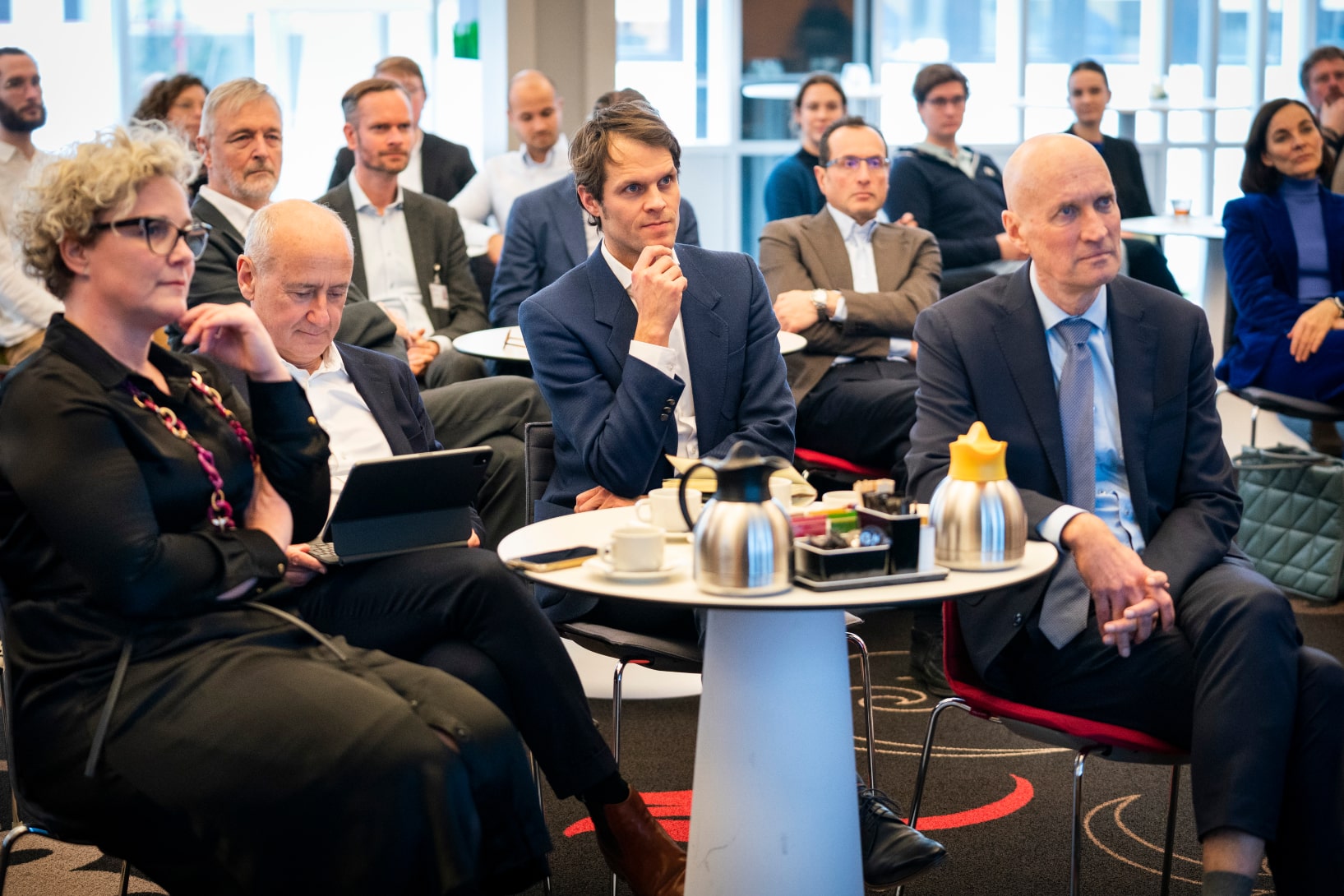On Monday, March 6th 2023, the report ‘Therapeutic applications of psychedelics’ was presented to Dutch minister Ernst Kuipers of the ministry department Health, Well-being, and Sport. Joost Breeksema, executive director of the OPEN Foundation and co-author of the report, was one of the organisers of this event that took place at the University Medical Centre Groningen (UMCG). The report discusses the current state of the therapeutic applications of psychedelics and details the various opportunities, challenges, and recommendations regarding research and implementation of psychedelic-assisted psychotherapy in health care.
A Dutch version of this blog post can be found here.
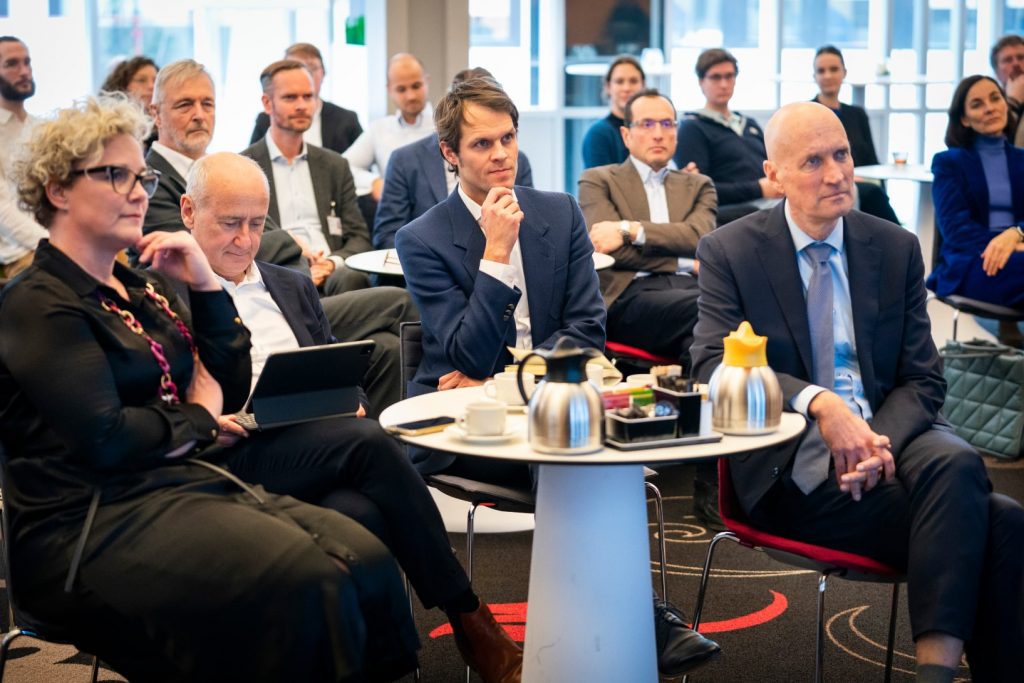
It is estimated that approximately 200,000 individuals in the Netherlands suffer from severe psychiatric disorders such as treatment-resistant depression and post-traumatic stress disorder, despite currently available treatment in healthcare. Last year Dutch minister Kuipers was already positive about the potential therapeutic application of psychedelics within this group of patients. At the University Medical Centre Groningen, Kuipers was further informed regarding the current state of psychedelics and talked to researchers, therapists, and patients. Similar to last year, Kuipers has shown approval and enthusiasm regarding psychedelic-assisted psychotherapy (PAT).The report ‘Therapeutic applications of psychedelics’ was presented to Kuipers during a mini-symposium at UMCG by managing director of ZonMw, Véronique Timmerhuis. ZonMw is a Dutch organisation that subsidises scientific research to develop and innovate healthcare. The report is written by professor of psychiatry Robert Schoevers, researcher and OPEN executive director Joost Breeksema, and neuroscientist Rutger Boesjes, commissioned by ZonMw.
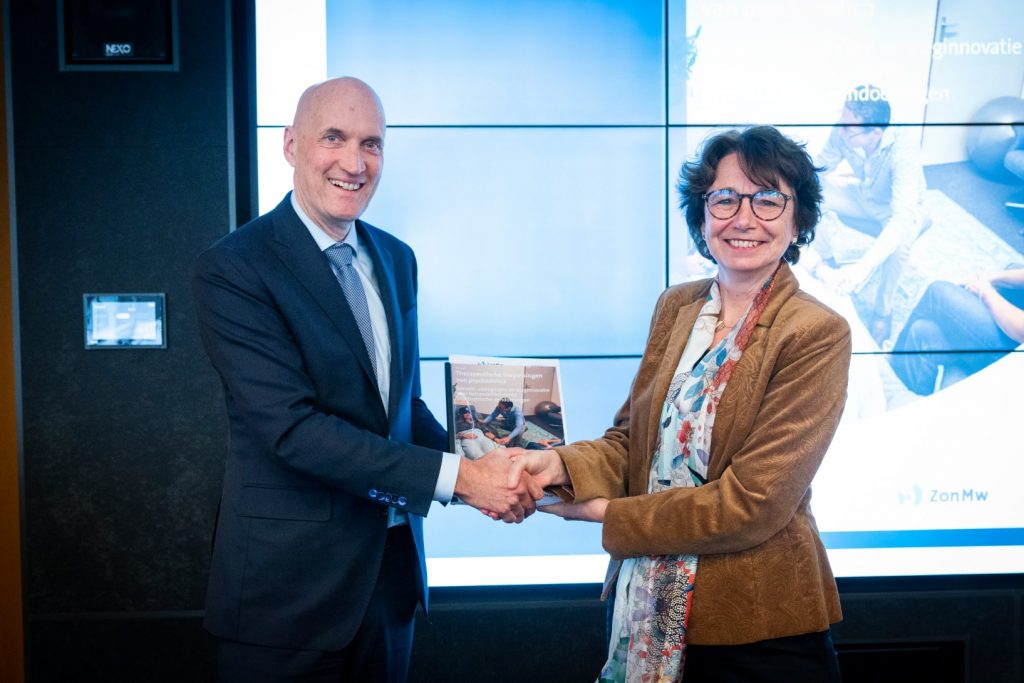
The report describes the current state of affairs regarding PAT, including the various target populations that could be eligible to receive this particular treatment, but also the various opportunities, barriers, and challenges regarding scientific research and the ultimate implementation of PAT. Furthermore, it offers several recommendations, such as a national research program that could be able to facilitate fast, efficient, and coordinated knowledge developments within the current rapidly developing field. Finally, the report focuses on the development of accredited education institutes to secure the quality of PAT.
Joost Breeksema mentioned after the mini-symposium that “it is very promising to see so much interest in this subject: from ZonMw, the political arena, and from the top of the ministry department of Health, Well-being, and Sport. Similarly, Erwin Krediet, chair of Stitching OPEN, was present during the mini-symposium and said “it was an absolute milestone.” Krediet additionally added that “it was impressive to see how quickly the attitude towards psychedelics is changing – politicians and employees of the ministry were talking about psychedelics in a way that suggests there is not that much stigma left regarding the therapeutic use of these substances.”
Breeksema also gave a brief presentation towards the audience. He talked about how since the founding of OPEN foundation in 2007, a lot has changed: “attention towards psychedelics is generally positive. Not only between scientists, psychologists, and psychiatrists, but also in the media. These messages are received by a lot of patients currently suffering from a severe psychiatric disorder. However, it is very rare for these individuals to receive treatment other than enrolling in a clinical trial with psychedelics. This development increases the risk of patients seeking care outside regular healthcare or self-experimentation with psychedelics, which in turn increases the risk for incidents and adverse events.
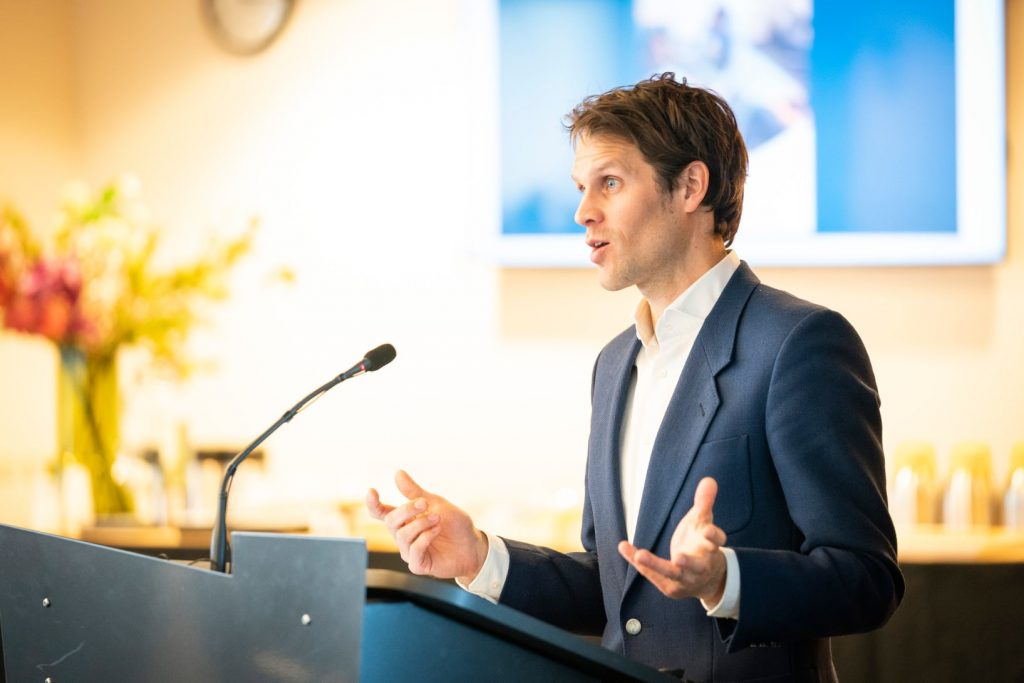
The field is making significant and rapid developments in the past two years. For instance, there are tens of millions of dollars in investments and numerous studies being conducted by the pharmaceutical industry. It is highly likely that different types of psychedelics will be registered as approved medication in the upcoming years. At the same time, an important point of consideration is that we develop the necessary expertise and therapists in order to professionally administer these substances and provide the necessary after-care and integration.
Breeksema: “It would be very valuable if the Netherlands could be at the forefront regarding this area of development and demonstrate how a tight cooperation between all interested parties can lead to safe and careful implementation of PAT in current healthcare. Despite many positive developments, we need to proceed with caution and remain critical regarding PAT. These substances are able to induce very confronting experiences that could be painful and complicated to comprehend. This requires professional facilitation and guidance in order to accompany this process.”
Ultimately, Breeksema thinks that the message has been received by Dutch minister Kuipers, particularly regarding the necessity for more and bigger research. Kuipers acknowledges that he sees the importance from a systematic approach – it will take too long for these treatments to arrive at patients when we only have a handful of small studies. Breeksema agrees: “this is something we emphasise in particular in the report.”
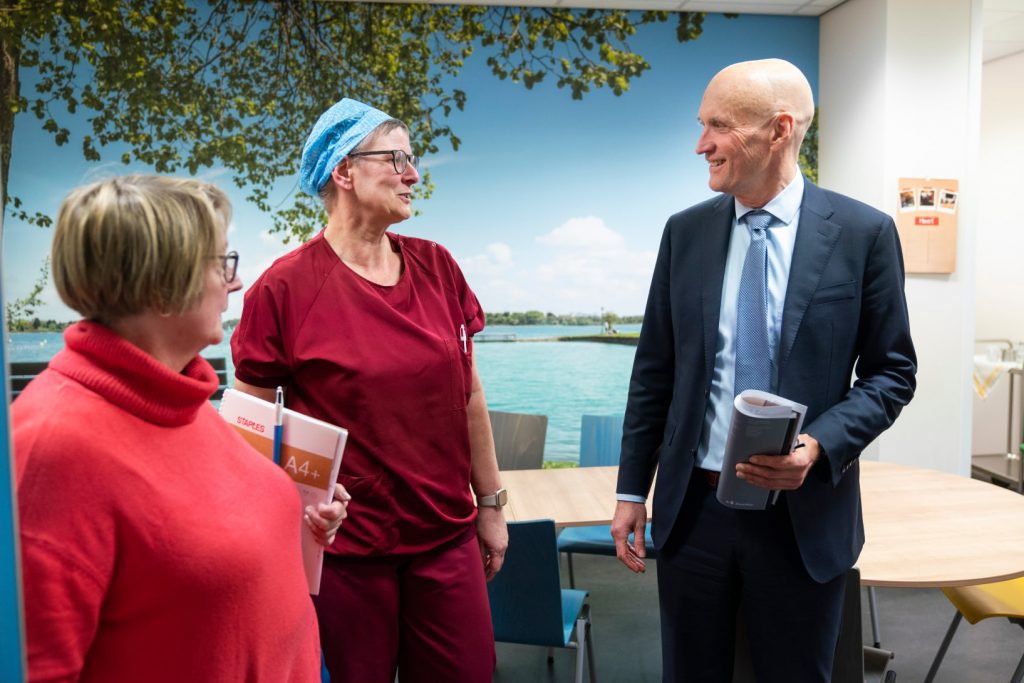
After the mini-symposium, there was room for a private session with some patients, therapists and minister Kuipers. Breeksema: “I am very happy that minister Kuipers and member of parliament Wieke Paulusma took the time to talk with both therapists and patients about their experiences with psychedelics. Those sessions are not always easy and I think that we clearly showed how significant it is to take patients seriously and that professional guidance by healthcare practitioners, which includes training as well, remains an essential requirement for the success of these treatments.”

